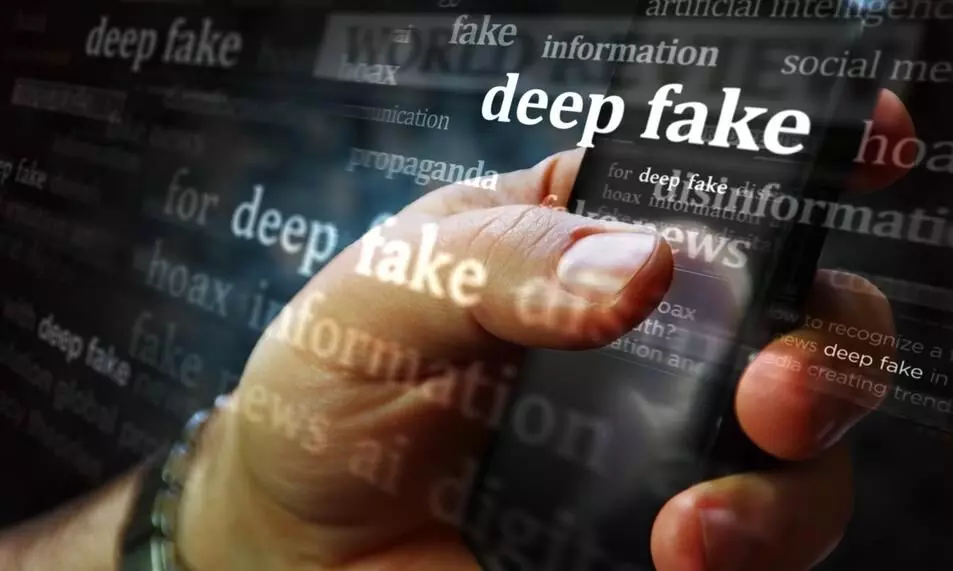
Deepfakes on the rise ahead of general elections in South Korea
text_fieldsSeoul: With less than 50 days remaining until South Korea's parliamentary elections in April, concerns over the proliferation of artificial intelligence (AI)-generated deepfake videos and images are mounting, prompting heightened vigilance from election authorities.
According to the National Election Commission (NEC), the country's election watchdog, 129 pieces AI-generated media content had been detected from January 29 to the end of last week, constituting a violation of the newly revised election law.
This law prohibits the use of deepfakes for electoral campaigning purposes, with penalties of up to seven years in prison or fines of 10 million won ($7,500) for offenders, reports Yonhap news agency.
The NEC's crackdown on deepfakes represents a proactive response to the evolving landscape of disinformation, as facilitated by advancements in AI technology.
The revised legislation, passed by the National Assembly in December, aims to curb the spread of false information and safeguard the integrity of the electoral process against emerging threats.
Deepfake manipulations have already been used in past elections, both domestically and internationally, raising concerns. AI-created videos and images are one of the biggest threats to democracy, especially in the form of fake news and misleading public opinion.
For instance, during the provincial elections in 2022, an AI-generated video circulated on social media depicting President Yoon Suk Yeol endorsing a local candidate from the ruling party.
In January, New Hampshire voters received an AI-generated robocall impersonating U.S. President Joe Biden, advising them not to vote in the state's presidential primary election.
As AI technology continues to evolve and proliferate, experts warn of the growing sophistication and speed of deepfake production, outpacing traditional verification processes employed by election authorities. It is hard for the authorities to combat deepfake proliferation due to the unmatched speed of deepfake creation compared to verification efforts.
"The speed of production of believable fakes through deepfake technologies is much faster than that of the NEC's verification process," said Kim Myuhng-joo, a professor at Seoul Women's University. "It's unmatchable."
Furthermore, the continuous evolution of deepfake technology poses additional hurdles for detection and mitigation, calling for a multifaceted approach that prioritises rigorous verification protocols.
With agency inputs
























